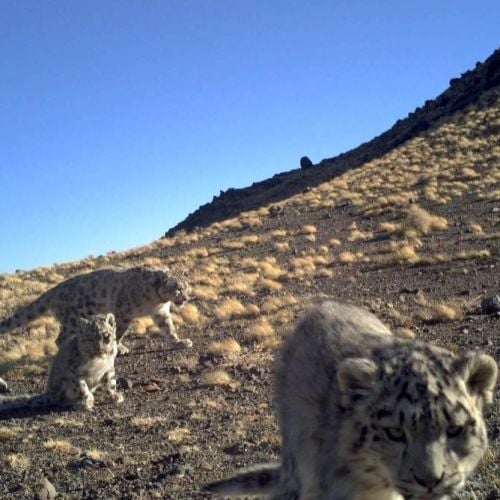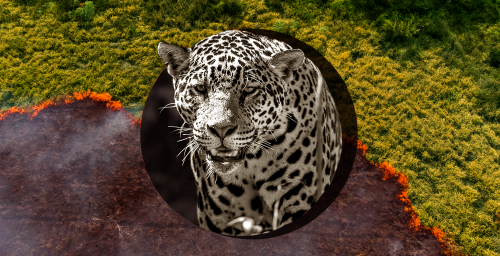|
The 10th August is #WorldLionDay. For all their courage, strength, power and majestic look, lions are in trouble; their numbers have plummeted from 200,000 in the 1950s to what could be as few as 15,000 but why?
LionAid is an international organisation specifically dedicated to lion conservation. It says there are 5 reasons why lion numbers have plumeted.
Lion habitat is becoming farmland – so there is a lot of human/livestock conflict and also retaliation killings. As Africa’s human population has shot up, so wildlife have had to give their habitat up to humans. There's less prey about for lions to eat – so they have to turn to livestock.
Lions are susceptible to disease including canine distemper and bovine TB, plus FIV (Feline Immunodeficiency Virus) – in some populations this goes up to 90%. This is why programmes such as Kura’s Pride, is so important.
Trophy Hunting – it really saddens me that there are people who love to kill wildlife for sport, especially given the decline in lion numbers and the endangered status of species such as the Western African lions. Trophies are largely male lions – which makes it even harder for lions to reproduce. Take a look at BanTrophyHunting #BanTrophyHunting to see how you can help.
Lion breeding – South Africa has a very controversial programme to breed lions in captivity to produce a range of lion products. Of course, the supply of lion bones to Asia generates extra demand, so there are, say LionAid, verified reports of lion bones from both poached and trophy hunted animals) being sent to Asia from other lion range states too.
Actions LionAid are working towards:
- Banning the import of lion trophies into UK and other EU countries – sign the petition to the UK government here
- Saving the critically endangered Ethiopian lion – this is a new sub-species and it’s been identified from lions currently at the Addis Ababa zoo. There are about 200 or fewer wild lions still roaming round Ethiopia – they could be even more endangered than Western African lions and the Indian lion
- Stop canned hunting, lion bone trade and the illegal wildlife trade – find out why canned hunting does not help conservation
- Educating the next generation about the plight of lions and how they can be saved – there’s something for children and teachers here. Be a Young Ambassador for lions!
To make a difference, get involved – you’ll be helping to save lives.
It’s easy to think, how can I help when I’m miles from lions in the wild but believe me, there are plenty of ways to help:
- Search the web using SAVOO and you can help lions at the same time! LionAid get 1p for every search you do. Believe me, that can add up faster than we all think!
- Sign up to LionAid’s newsletter (at the bottom of their webpage) and keep informed of lion matters. You can spread the word about the help lions need.
- When you shop, use the Giving Machine and choose LionAid as your charity. The GivingMachine gets a commission for referring customers to online shops. Buy something, and the GivingMachine receive a percentage of the total price - and it passes 70% of that to your chosen cause. Find out more here
- Donate – every single penny will help lions.
- Buy something from LionAid’s online shop – e.g. t-shirts, stationery, music, posters, books
- Schools and companies can help lions too – find out more from the website
Visit LionAid's website here
|

